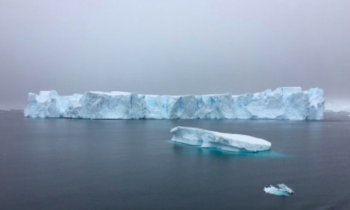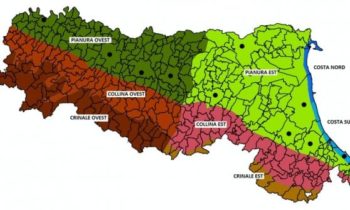Effects of climate change on lakes

What effects tributaries have on these processes is being investigated by Eawag researchers with mathematical models. These show that the outflow is shifting from summer to winter. In both of these periods, the lakes warm up to a lesser degree, because the rivers contribute significant volumes of water in mid-summer and in winter. In Lake Geneva this cooling effect is less pronounced, because the water remains in the lake for much longer than in Lake Biel. A surprising result is shown by the model for Lake Geneva: due to shrinking glaciers and greater outflow in the winter, the Rhone carries with it more suspended particles. The resulting heavier water sinks in the lake and thus transports oxygen into the deeper layers.
Original publication (open access)
Råman Vinnå, L., Wüest, A., Zappa, M., Fink, G., and Bouffard, D.: Tributaries affect the thermal response of lakes to climate change, Hydrol. Earth Syst. Sci., 22, 31-51, https://doi.org/10.5194/hess-22-31-2018.
Source link alla pagina
Agire sul clima per evitare una crisi peggiore del virus
La ripartenza post Covid-19 deve essere l’occasione per aumentare gli sforzi sul cambiamento climatico
leggi tuttoIl climate change trasformerà per sempre la finanza
Larry Fink: il climate change obbliga gli investitori «a riconsiderare le fondamenta stesse della finanza moderna».
leggi tuttoFuture of the human climate niche
Il futuro delle nicchie climatiche umane
leggi tuttoAumento medio di 1,6 gradi per il clima in arrivo a Parma
Aumento della temperatura di 1,5 °C in inverno e 2,7 °C in estate
leggi tutto


